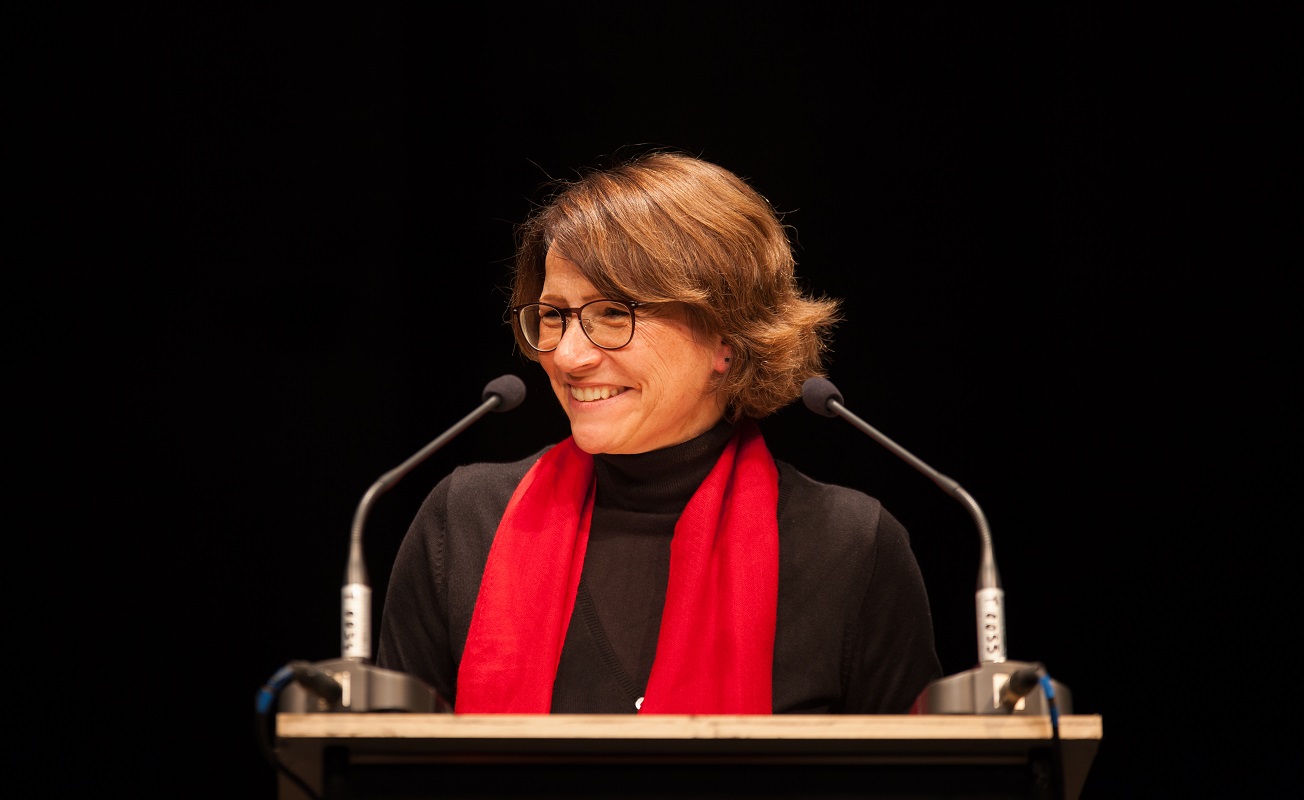Pandemics are a tough business. That people deal with them in very different ways can already be read in Albert Camus’ novel “The Plague” from 1947. Some deny, others try to help; some try to get out of the way and leave the locked city illegally; others pray and hope.
In Berlin 2020 tens of thousands take to the streets to protest against the government’s measures to contain the pandemic: Rightists, leftists, greens, yoga enthusiasts, anti-vaccination activists, esoterics, vegans … Some call for “storming the Reichstag”. Meanwhile, young people in Spain don’t want to be banned from partying and German professors write an open letter because they don’t want to teach another semester online. Often the word “freedom” is intoned and the narratives of the conspiracy are, hardly coincidentally, often anti-Semitic and racist. The question is here: “Freedom at the expense of who or what?”
“The plague” was a metaphor of Camus’, to make accusations against National Socialism. The actual COVID 19 pandemic today and the reactions to it raise concerns about whether democracy will withstand the “storm of indignation” from all sides. It is time for a second wave of re-education. What is solidarity? Why is a pandemic not about me and my particular desires? How can I counter my (justified) fears? And what does all this have to do with racism and anti-Semitism? In order to contain the madness, according to the thesis of María do Mar Castro Varela, doubt must be learned again.
Castro Varela, María do Mar (Prof. Dr.) is a graduate psychologist, graduate pedagogue and has a PhD in political science. Since 2007 she has been teaching at the Alice Salomon Hochschule Berlin. Her research interests include Postcolonial Theory, Critical Migration Research, Critical Education Studies, Gender and Queer Studies and Trauma Studies. In 2015/16 she was Senior Fellow at the Institute for Human Science (IWM) in Vienna. She is founder and member of the bildungsLab* Berlin (www.bildungslab.net). Together with Aïcha Diallo she is producer and presenter of the radio series A Lover’s War.
WITH María do Mar Castro Varela
The lecture by María do Mar Castro Varela is funded by the Capital Cultural Fund. Media partner: taz. die tageszeitung
